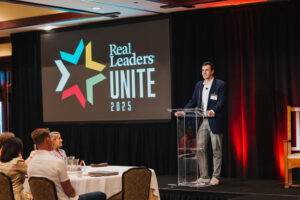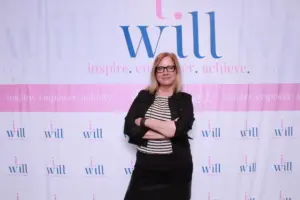Making the Wrong Call
Read Time
3 min read
Posted on
November 12, 2025
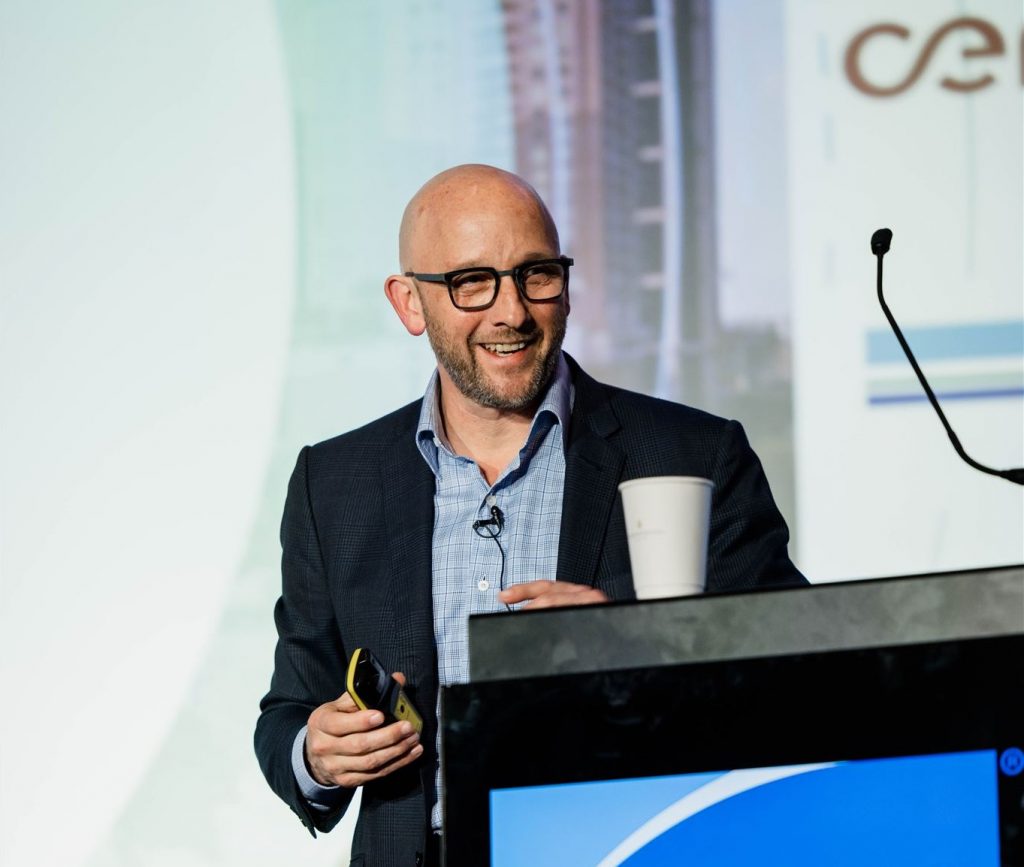
Ten years ago I made an ethical lapse that still makes me wince. I was under pressure, and I made the wrong call.
At the time, ClimeCo was growing fast. I was working on a large environmental commodity transaction and had been collaborating with a friend at a major trading company. When his firm passed on the deal, I confirmed with another counterparty that they had won it. Not long after, my friend came back to say he had changed his mind. He told me the deal was very important to him and his company, and he asked me to undo the other agreement.
He was a big part of our growth, and I felt immense pressure to keep him happy — so I caved. I went back to the counterparty I’d already committed to and told them I had to reverse my decision. They later found out why, and they were furious, rightfully so. They called me out for being deceitful and accused me of collusion. The accusation stung because it was true. I had put relationships and fear of loss above integrity.
When the dust settled, the weight of it hit me hard. I was ashamed. I spoke to mentors and friends, trying to process what I’d done. I couldn’t believe I had allowed myself to cross that line. Eventually I did what I knew I had to do: I called the counterparty, admitted I was wrong, and apologized. I told him exactly what had happened and that I took full responsibility. I didn’t try to justify it. I just owned it.
Then I went back to my friend and told him something equally important: that I would never do that again, and he should never ask me to. I told him it was unfair of him to put me in that position, but ultimately it was my mistake. I made the choice, and I had to live with it.
Finally I stood in front of my team at ClimeCo and told them the truth. I admitted my lapse in judgment, explained the pressure I felt, and shared how I was working to make it right. I wanted them to see that even leaders make mistakes, but what defines us is what we do after.
I learned more from that failure than from any success I’ve had since. It reminded me that leadership is not about being liked or even about winning. It’s about doing the next right thing no matter how hard it is.
From that day forward I’ve lived by what I call the 60 Minutes Test: if my actions were aired on the CBS show 60 Minutes, would I be proud to watch it? If not, I need to change course immediately.
That moment rocked me. I thought I had damaged the company I’d worked so hard to build. But in hindsight, it became one of the most important lessons of my career. It taught me that integrity isn’t situational — it’s a muscle you strengthen through every hard choice you make.
Now I make sure every decision comes from a place of integrity and clarity — not pressure or fear.
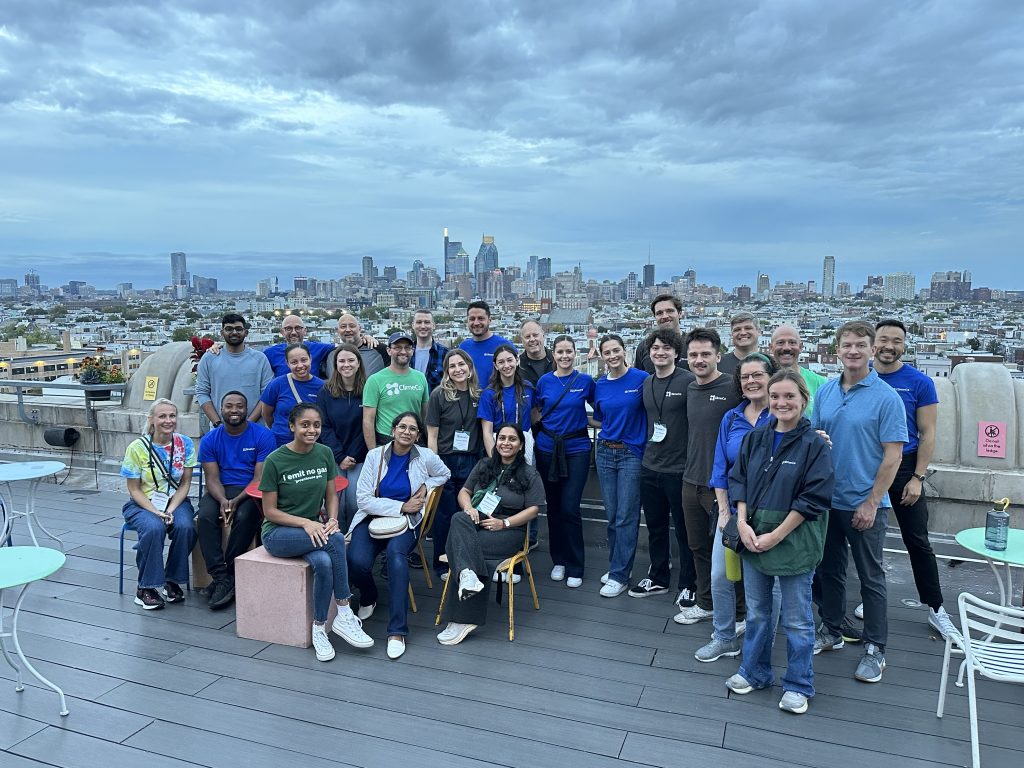
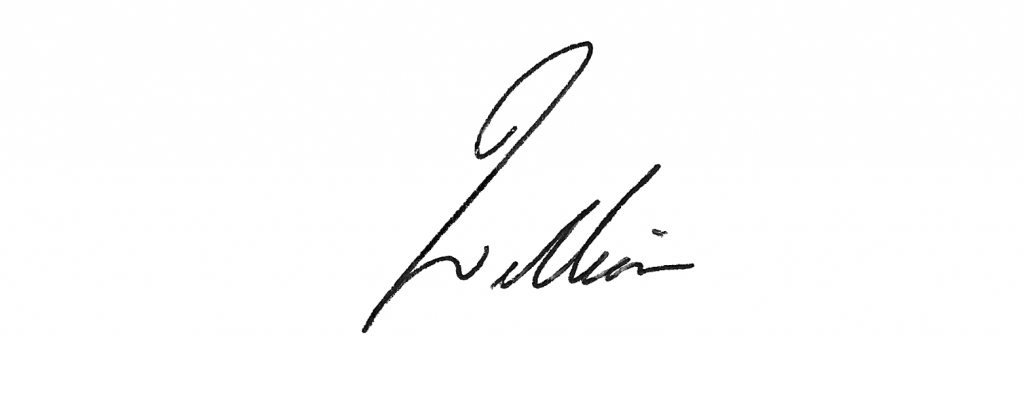
Overview
A decade ago, a leadership lapse under pressure led the author to reverse a deal unethically, causing reputational damage and strained relationships. This experience underscores the importance of integrity, accountability, and transparency in leadership. The article targets professionals navigating ethical challenges and emphasizes making decisions that withstand public scrutiny to build trust and credibility.
AI-Generated Overview.




